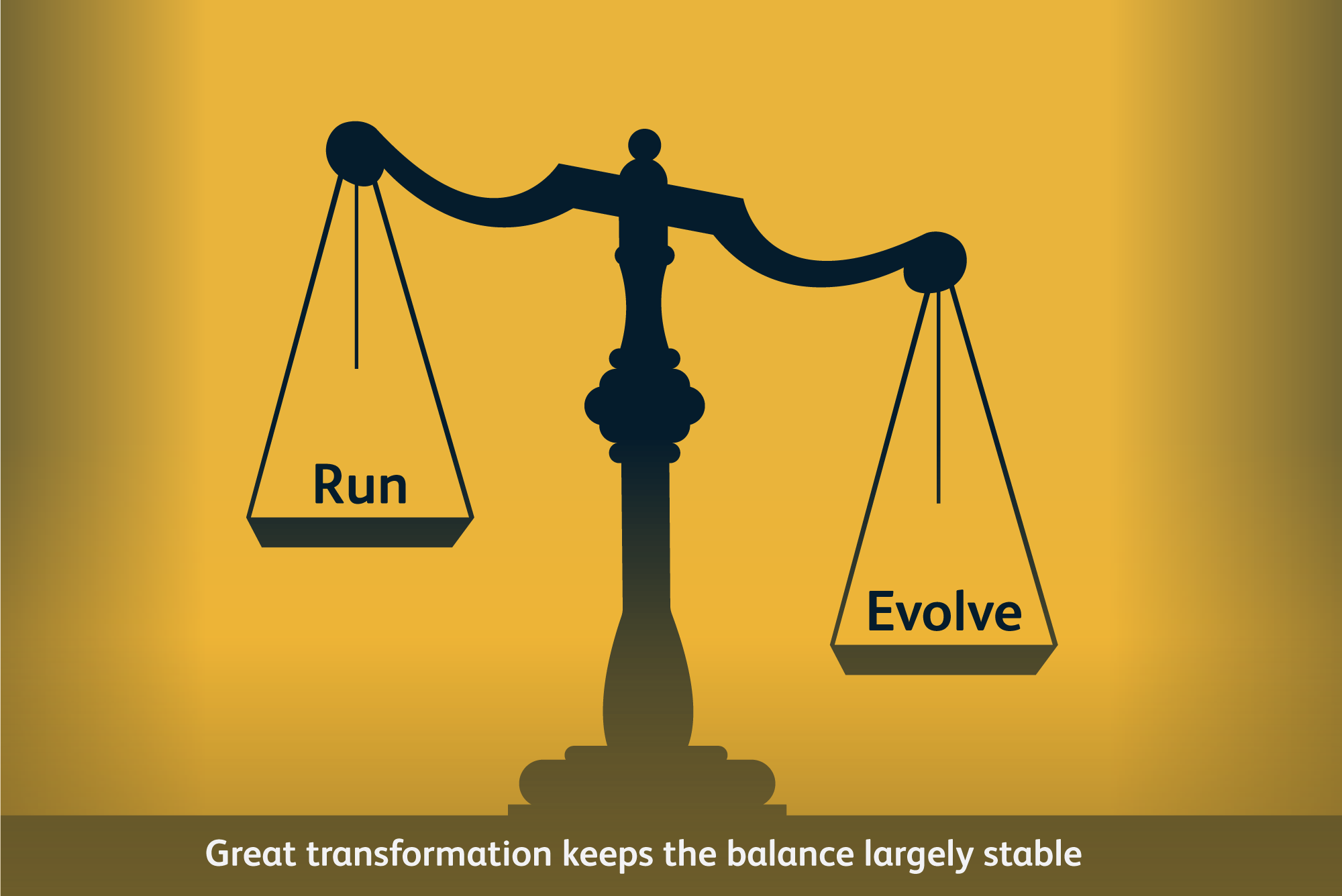
Headforwards’ Digital Framework
How can Headforwards’ Digital Framework help you achieve your desired business outcomes through a structured approach to transformation?
Digital transformation is changing and that’s probably not a bad thing. For many years digital transformations have been haunted by high failure rates. When McKinsey calculated in 2021 that 70% of transformations fail, they doomed the leaders of digital transformations to tiptoe cautiously through these necessary but challenging change processes.
The reality for most businesses? Transformations fail because they don’t create the right foundations for change, overemphasising the technology itself, as opposed to the organisations and people it’s supposed to serve.
Overall, digital transformations would likely benefit from a re-brand, but at least let’s look at how they’re evolving.
Now that most organisations have got themselves up to speed on the digitisation of processes, systems and tools, the problem that they’re facing is different. The gap between manual and digital seemed cavernous, and while that gap has now closed for many, keeping up with the relentless pace of technology comes with its own challenges. Those challenges can be especially acute if you’re an SME with people and budgetary resource constraints.
Digital transformation at one time felt like a one-off project, but the need to transform has become continuous. Organisations need to continue to iterate and evolve and change is so fast that maintaining momentum is critical.
If digital transformations were failing because they focused on the wrong element, the risk of ongoing change and transformation remains the same. Focusing on the technology element itself and not the people it’s for will cause the same issues as it always has.
It is your employees that will be using the technology, and it’s your customers that will be consuming it. It is your board that need to understand and back how it’s going to make a difference to your organisation and your leadership that needs to understand the operational implications and capability and capacity requirements. Whichever way you want to look at it, if you don’t start with the people as you look to keep pace with technology, you’ll end up measuring success by the wrong metrics.

Transformation really requires businesses to balance two things:
1. Running the business
2. Evolving the business
And successful transformation requires you to be constantly evaluating that balance.
Spend too much time on running the business and you could end up behind the curve on technology and losing ground to competitors. But spend too much time on evolving the business in search of new audiences and you risk alienating your existing customer base. Businesses need to find a balance between the two, and most likely that will require a regular recalibration of what’s being focused on and where budget is being allocated.
Technology is evolving at pace, and the volume of tools, systems and tech that now exists can be overwhelming. If you are to balance the scale, you need to start with stable foundations.
I recommend putting in place a clear strategy for your organisation that focuses on the opportunities that are specific to you and your audiences. Look for clarity around what evolution looks like for your organisation, and if you keep the emphais of your evolution on the people and their changing needs, you’ll surely win. Remember that success can be about switching off the old, and not always about adding something new.
Book a free consultation with one of our experts to find out how Headforwards can help transform your business.
Headforwards™ is a Registered Trade Mark of Headforwards Solutions Ltd.
Registered Address: FibreHub, Trevenson Lane, Pool, Redruth, Cornwall, TR15 3GF, UK
Registered in England and Wales: 07576641 | VAT Registration Number: GB111315770